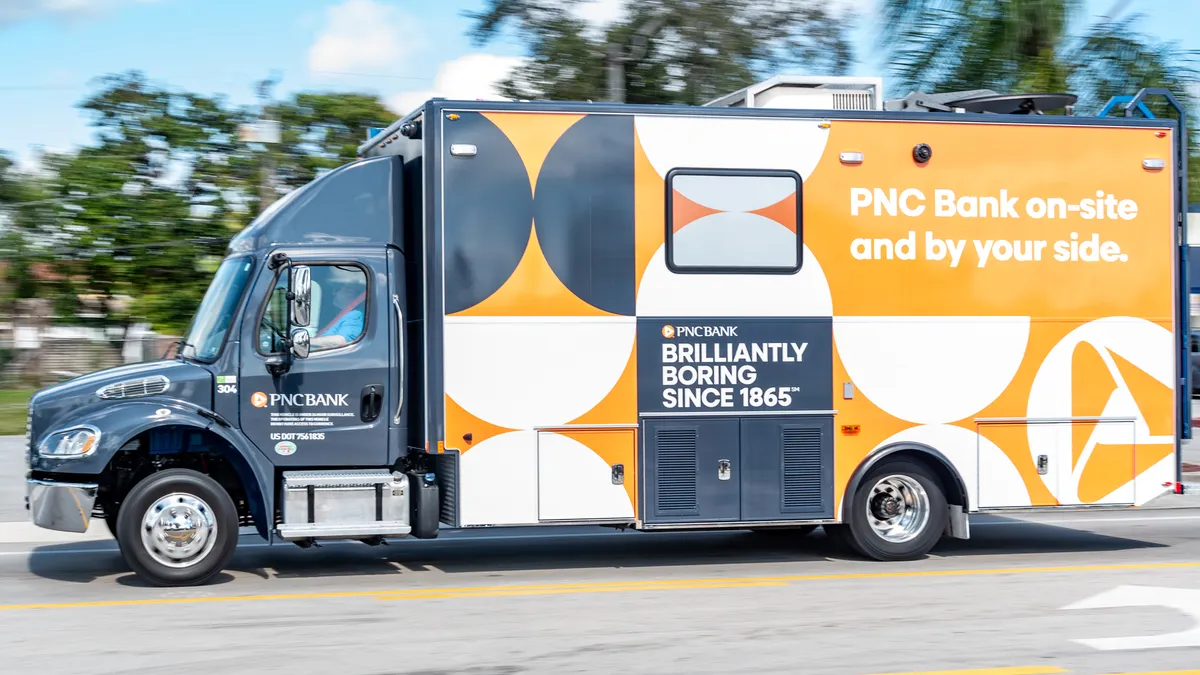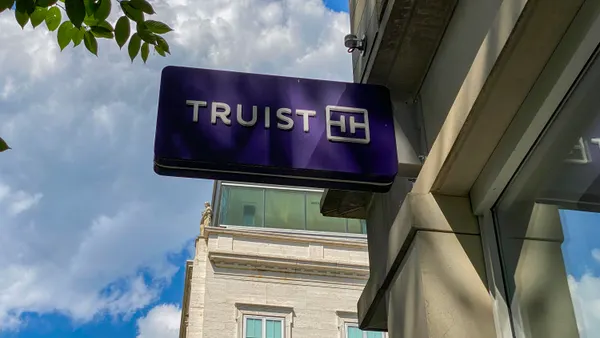UPDATE: Feb. 13, 2020: Five Democratic senators sent a letter Thursday to Upstart CEO Dave Girouard, asking for proof that the online lender tests its credit model for disparate impact, or disproportionate negative effects against a protected class of people.
The request comes a week after the nonprofit Student Borrower Protection Center found that an Upstart borrower who attended historically black Howard University would pay thousands of dollars more on average for a five-year loan than a borrower with an identical credit profile who studied at New York University.
"Based on the racial demographics at these schools, these findings raise serious concerns that Upstart’s use of educational data may have a disparate impact on borrowers of color," Sens. Sherrod Brown, Elizabeth Warren, Kamala Harris, Cory Booker and Bob Menendez wrote.
The lawmakers asked Girouard to describe the tests the lender uses to ensure it complies with fair lending laws, and to send the results of those tests to the Senate Committee on Banking, Housing and Urban Affairs by Feb. 28.
Dive Brief:
- Wells Fargo and Upstart’s lending standards came under fire Wednesday after the nonprofit Student Borrower Protection Center published case studies indicating the lenders charge more to borrowers in generally less privileged segments of the population.
- With identical credit profiles, a hypothetical borrower with a Wells Fargo community college loan would pay $1,134 more, on average, over the life of a $10,000 loan than a borrower with the four-year undergraduate loan, the nonprofit found. The community college loan’s repayment term is shorter — 12 years, compared with 15 for the undergraduate loan — but the interest rate on the community college loan is 2.65 percentage points higher: 10.87% versus 8.22% for undergraduate loans, according to the case study.
- A second case study found Upstart charges graduates of historically black Howard University about $3,500 more over a five-year repayment term than similarly situated New York University graduates, although the disparity is far less over a three-year term. The annual percentage rate (APR) on the Howard loan is nearly 5 percentage points higher — 21.29% compared with 16.34% on the NYU loan, the case study found. And the Howard borrower's $1,960 origination fee was $729 higher than that of the NYU borrower. The study also created a profile for an applicant attending a Hispanic-serving institution, New Mexico State University, and found that borrower would pay $1,724 more than an NYU borrower over a five-year term.
Dive Insight:
The nonprofit's findings throw a wrench in the theory that alternative data expands credit access for underprivileged populations. Traditional lending heavily weighs a borrower’s credit history and credit score, leaving people with stale or no credit history paying more for loans. Lenders that use alternative credit data factor cash flow, such as rent and utility payments, and education data into their decisions.
Upstart told the Consumer Financial Protection Bureau (CFPB) in August alternative credit data has helped the company approve 27% more loans since late 2017, and that the APR on those loans, on average, is 16% lower. The online lender is the only recipient of a no-action letter from the bureau, meaning the CFPB can’t threaten Upstart with legal liability because it is testing a product to benefit consumers.
In the summary to Wednesday’s study, the Student Borrower Protection Center, led by a former assistant director at the CFPB, recommended stricter scrutiny from Congress on the use of education data and its potential to exacerbate economic inequality. That includes looking into the CFPB’s handling of Upstart’s no-action letter. The nonprofit also called for more transparency from lenders that use education data in their underwriting.
"Despite assurances by these lenders that their practices lift up consumers from marginalized communities, our analysis shows that educational redlining can further drive disparities and inequality," Seth Frotman, the Student Borrower Protection Center’s executive director, said in a statement, according to Bloomberg. The elimination of redlining, the practice of refusing loans based on where borrowers live, has been central to reforms made in the Community Reinvestment Act, and played a role in several recent housing discrimination cases.
Upstart and Wells Fargo both disputed Wednesday’s findings. The online lender’s co-founder, Paul Gu, said Howard students are 46% more likely to get a loan under Upstart’s underwriting model than they would from a traditional lender, and they enjoy interest rates that are 18% lower.
"If you want to make it better, you need more data, and you need different kinds of data to help different kinds of people," Gu told Bloomberg, adding that disparities in credit scores and incomes across races have led to a "really awful system" in which nonwhite borrowers pay more than they should.
ZestFinance CEO Douglas Merrill noted the systemic nature of bias in lending data during a hearing last June in front of members of the House Financial Services Committee. "There's bias [in non-artificial-intelligence models] because white men have traditionally dominated credit roles, so the backdata is a bad representation of the world," he said. And today, "most [machine learning] models are produced by the proverbial white guy in a hoodie."
For its part, Wells Fargo said it follows "responsible lending practices that take into account expected performance outcomes" and is "confident that our loan programs conform with fair lending expectations and principles," according to a statement.












